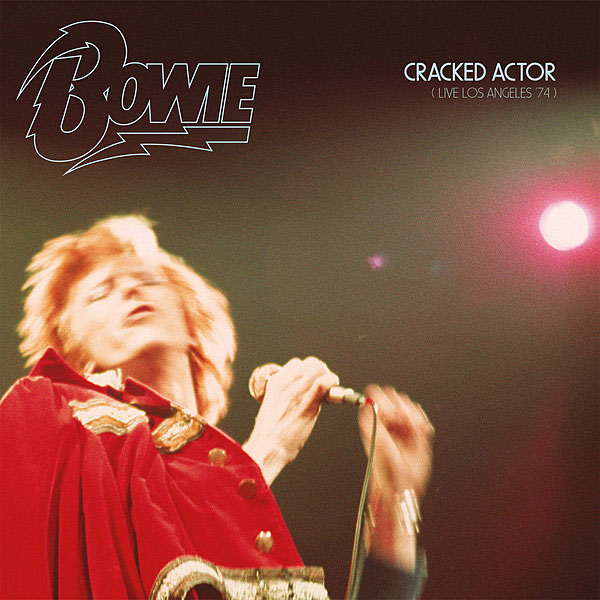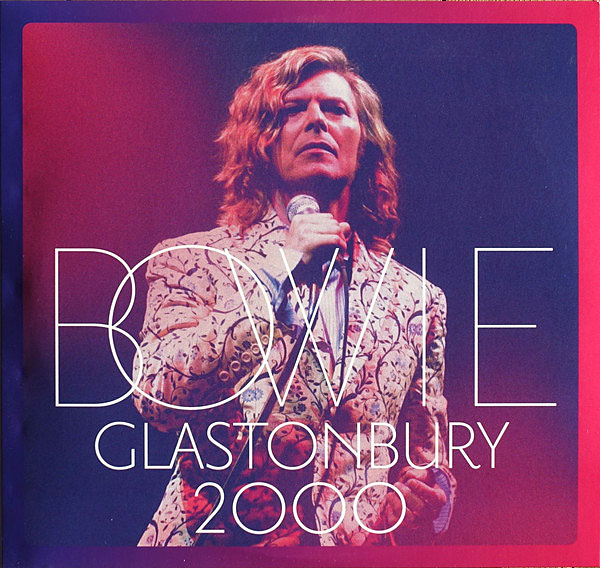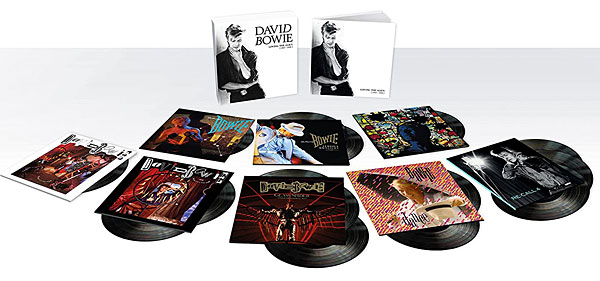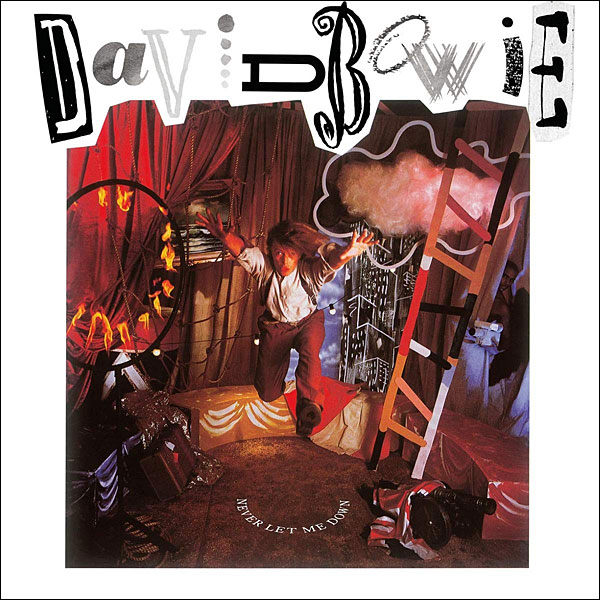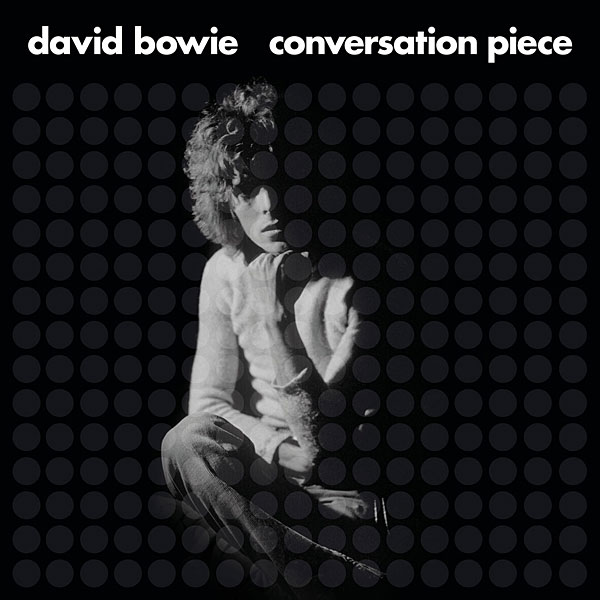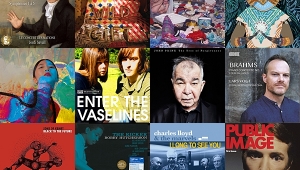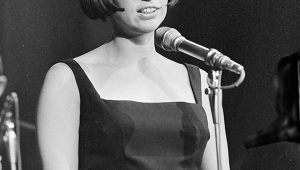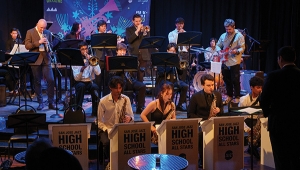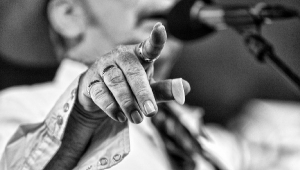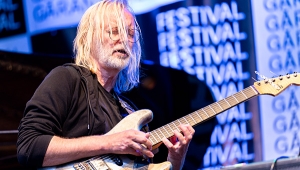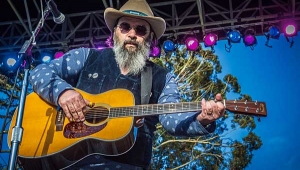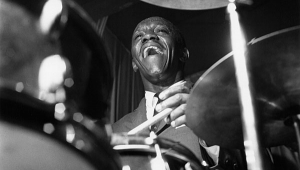| Columns Retired Columns & Blogs |
Thank you very much for this, Phil.
I can relate in many ways to your history with David Bowie. As always with the Greats, we all passionately have our favorite albums lists, and I've e.g. never regarded Outside/Earthling/Hours as a trilogy (Outside being an outlier and a "real" Bowie, to me). On the other hand, I do think of Station to Station/Low/Heroes/Lodger/Scary Monsters as a pentalogy.
Another thing on David Bowie; I recently listened to a commendable Mike Fremer AnalogPlanet Radio Show (https://www.analogplanet.com/content/analogplanet-radios-david-bowie-year-later-wfdu-hd2-radio-show-streams-now) containing several forty years old interview parts with him (Bowie ;-)).
At one point, Bowie speaks of a Third Statement of music: a synergistic message, solely co-created "in play", as a product from the interrelations of the music instrumentally (First) and lyrics/song (Second). The Third Statement is holistic and "not there" in any material shape or form, and the listener as such is a co-creator. This dynamic, I find, is valid for really good audio equipment as well; the ability to intensify all the coalesced, holistic meanings of the music's parts, even more so than talents for dissecting any musical or non-musical micro bit in a sound recording.
Thanks again.
